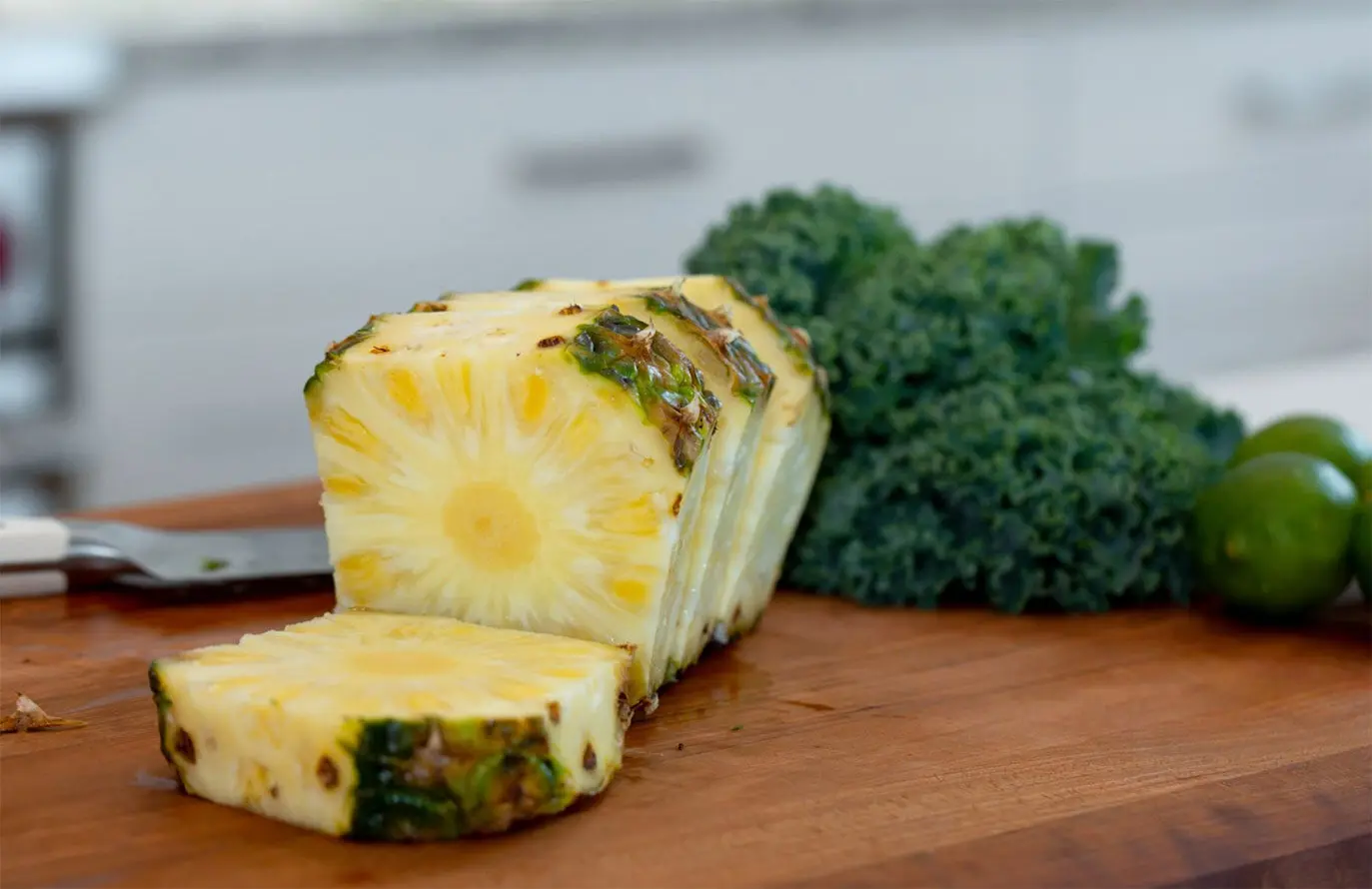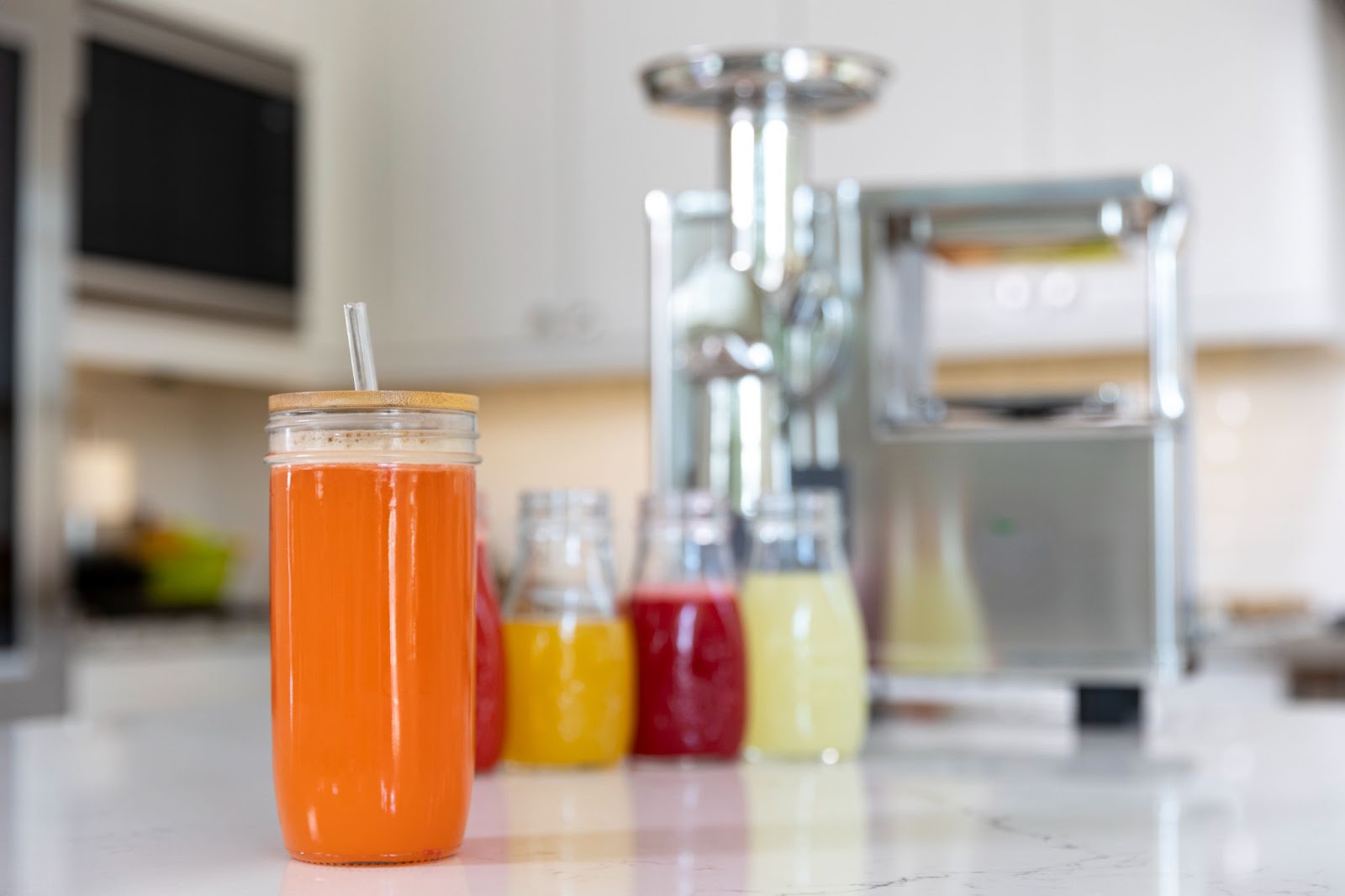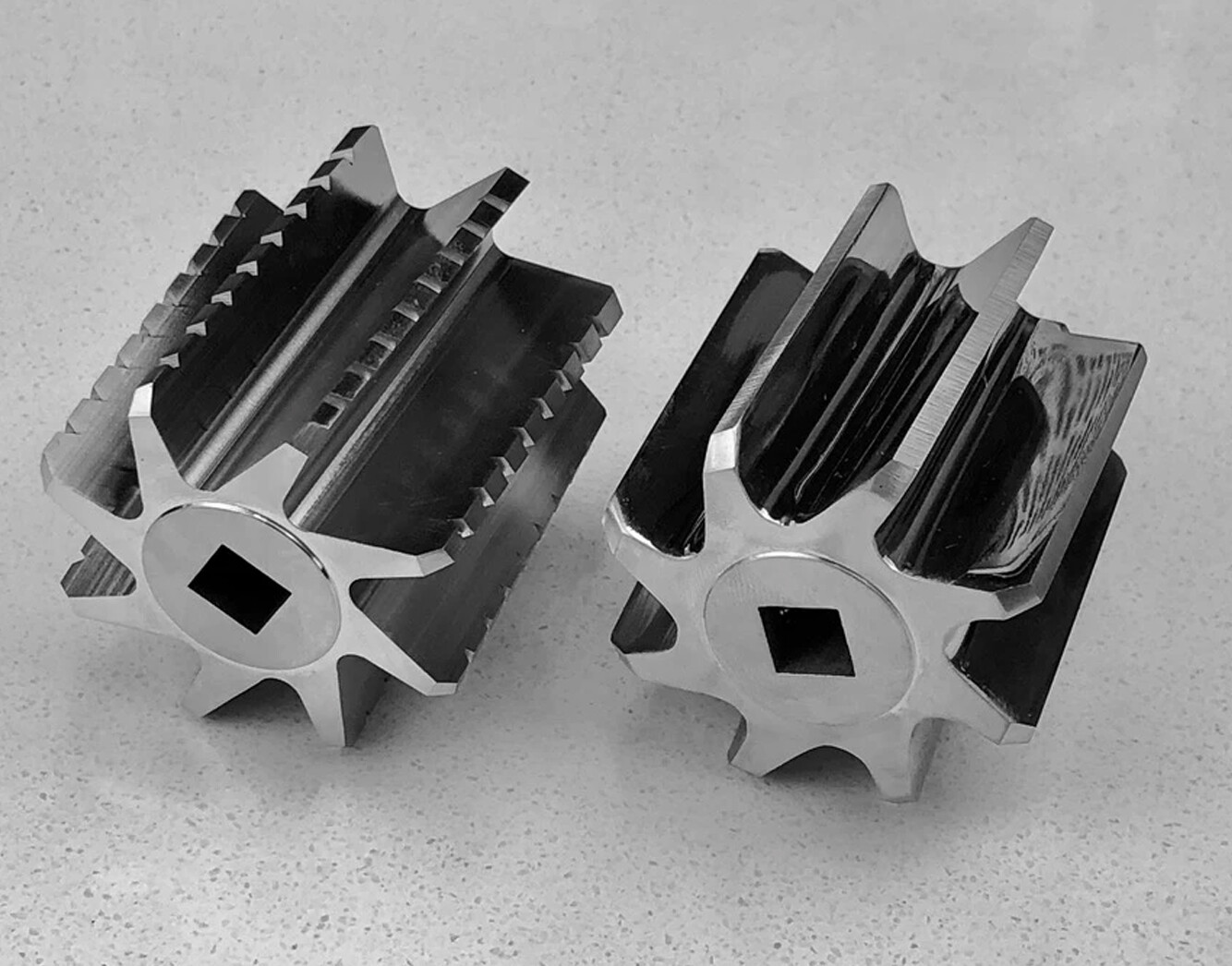Learn how the acidity of cold-pressed, homemade citrus juice can help improve your gut health.

Healthy Gut, Healthy Brain
In recent years, more and more research has emerged showing the incredible link between brain health and gut health. The nervous system and the gastrointestinal tract are intimately connected, sending messages back and forth to one another.
Evidence suggests that stress, depression, and anxiety can manifest in the gut, and also that intestinal troubles can be the cause of certain mental health conditions.
What Makes a Healthy Gut?
There are myriad ways to improve your gut health and the proper functioning of the digestive system. Keeping stress levels low and enjoying a diet rich in fruits and vegetables is another. Avoiding high quantities of ultra processed foods, alcohol, and sugar are other major factors.
Consuming probiotic, fermented foods like kefir, kimchi, and apple cider vinegar can also help maintain gut health through microbiome diversity.
Acidic = Bad, Right?
But how can something as acidic as lemon juice or apple cider vinegar be good for our gut? Many of us grew up believing acidic foods were unhealthy. Who doesn’t remember the dentist’s admonition to steer clear of citrus juices and other acidic drinks? Logically, it seems to make sense – if acid from fruits and carbonated beverages can damage the enamel on our teeth, just think what it could do to our insides!
Yet, startlingly, the opposite is true. Yes, our bodies are mostly alkaline (non-acidic), but through the process of digestion, acidic foods become alkalized.

Food Science
Akaline vs. Acidic
In case you need a quick refresher, acidity is measured on the pH scale, which ranges from zero to 14, 7 being neutral. A pH lower than 7 indicates a substance is acidic, and a pH higher than 7 indicates it is alkaline.
The body usually maintains a blood pH of around 7.4; a person’s stomach acid generally ranges from a pH of 1.5 to 3.5. The acidity of lemon juice usually lands somewhere between 2 and 3.
Strangely enough, the pH of a food does not dictate how it reacts in our body. The acidity of the lemon juice that sends dentists running actually becomes alkalized in the body once it enters the bloodstream. This is thanks to the way it interacts with minerals like calcium, magnesium, and potassium.
Acid Forming Foods vs. Alkaline Foods
Now consider foods like meat, dairy products, and ultra processed foods. While they do not feel or taste acidic, the ways they interact with the body–and the byproducts created through digestion–leave the body with more discomfort, inflammation, and the potential for long-term health consequences.

Is Juice Good for the Gut?
Another message we’ve received over the years is that it’s better to eat whole fruits and vegetables than to drink juice. If you’re juicing, however, you already know that not all juices are created equal. It’s true that since store-bought juice is often missing essential nutrients and is sweetened with processed sugar, you’re not doing your digestive system any favors by drinking it.
Cold-pressed juice is more nutrient dense and flavorful than store-bought juice, and can actually improve your gut health. Drinking cold-pressed citrus juice can have comparable health benefits to eating citrus fruits.
Try Some of Our Favorite Cold-Pressed Gut Health Citrus Recipes:
Are Dentists Wrong about Acidic Foods?
We’re not dentists, but we’re pretty certain that the tooth experts aren’t wrong about the effects of acidic juices on enamel. We’ve got a pretty easy fix though — just drink your cold-pressed juice through a straw!
Happy alkalizing!
LOOKING FOR MORE IDEAS?
Head to our Instagram or YouTube channel for demos. If you don’t see what you are looking for, add a request to the comments, and we will do what we can to make it for you.

MEDICAL DISCLAIMER
PURE Juicer is a juicing company. We are not doctors or medical experts. All content and information on this blog and website is for informational and educational purposes only, does not constitute medical advice, and does not establish any patient-client relationship by using this website.
Although we strive to provide accurate general information, the information presented here is not a substitute for professional advice. You should not rely solely on this information. Always consult a professional in your area for your health questions and concerns before making any professional, legal, medical, financial, or tax-related decisions.












